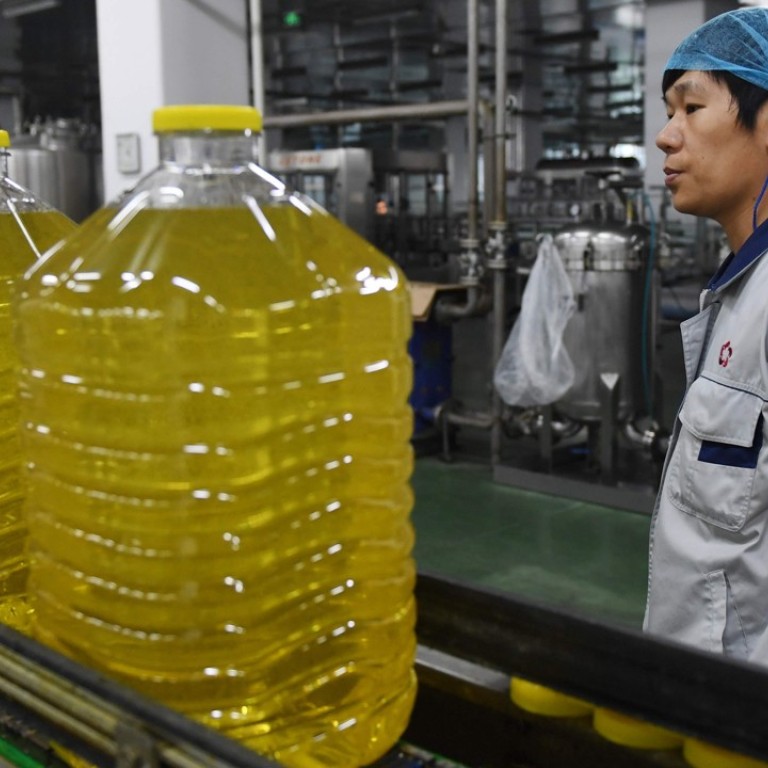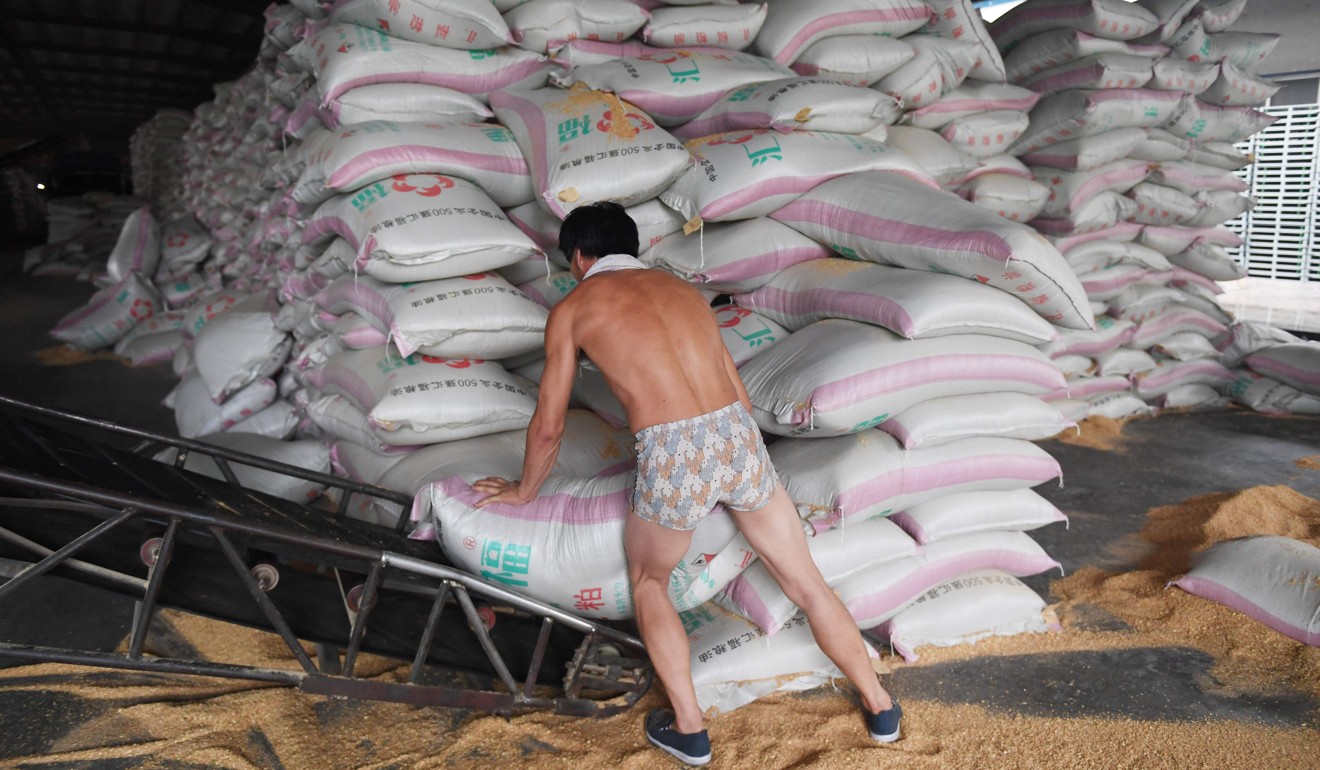
Chinese money pours into Brazil as US trade war bites, with US$54 billion across 100 projects
Investment is likely to be high on the agenda when the BRICS group of countries opens its summit on Wednesday in Johannesburg
As China and the United States – the world’s top two economies – battle over trade, Beijing has increasingly turned to Brazil to fill the void, pouring money into a diversified portfolio of investments.
Before 2010, Chinese funds flowing into Brazil were primarily focused on assuring food and energy supplies for the Asian giant. But in recent years, that strategy has expanded to include the telecommunications, automotive, renewable energy and the financial services sectors.
Soybean giant Brazil swoops on US crops amid China trade war
And with China now embroiled in an escalating trade war with Washington, Beijing has even more incentive to move closer to Brazil and its other partners in the BRICS group of emerging economies – Russia, India, and South Africa. Investment is likely to be high on the agenda when the group opens its summit on Wednesday in Johannesburg.

China is Brazil’s biggest trading partner. From 2003 to June this year, Chinese firms have invested almost US$54 billion in around 100 projects in Brazil, according to figures from Brazil’s planning ministry.
In 2017 alone, the figure nearly hit US$11 billion.
That is good news for Brazil – Latin America’s biggest economy has emerged slowly, with a high and rising public debt, from its worst recession in history, which extended through 2015 and 2016.
US-China trade war may be a boon to the euro and Brazilian real
“China can play a very important role to help the Brazilian economy recover from stagnation,” said Luiz Augusto de Castro Neves, president of the China-Brazil Business Council.
From 2005 through 2017, Brazil has been the recipient of 55 per cent of all investments made by Chinese businesses in Latin America, according to the UN Economic Commission for Latin America and the Caribbean.
And that money is going to an ever-wider selection of industries.
One of the most emblematic examples of that diversification was the announcement in January that Chinese ride-hailing giant Didi Chuxing would pay US$297 million for Brazilian taxi app 99.
China also broke into Brazil’s banking sector “to invest even more heavily by assuring its own financing”, explained Lia Valls, of the Brazilian Institute of Economics at the Getulio Vargas Foundation.
In March, China Communications Construction Company started work on the port of Sao Luis, in the country’s northeast, with 70 per cent financing by state-owned Industrial and Commercial Bank of China.
Why China can't count on Brazil to fill the soybean gap in its trade
Despite its economic challenges, Brazil maintains a favourable trade balance with China, thanks to record surpluses (it exceeded US$20 billion in 2017).
Brazilian exports to China, which were two per cent of the total in 2000, have climbed over nearly two decades to reach 26 per cent in the first quarter of 2018, according to official figures.

Some analysts nevertheless point to a strong imbalance in trade, since raw materials including iron and soybeans make up 86 per cent of exports.
But Castro Neves says the agro-food sector is increasingly a “value-added” one. “These days, the production of soybeans uses more and more high technology and stimulates other activities,” he said.
Castro Neves says he regrets the lack of a broader Brazilian strategy to benefit from this massive influx of capital.
“Latin American countries, including Brazil, have a passive attitude towards China,” he explained. “The Chinese know exactly what they want from us.
“But do we know what we are looking for from them, other than selling more?”

.png?itok=arIb17P0)